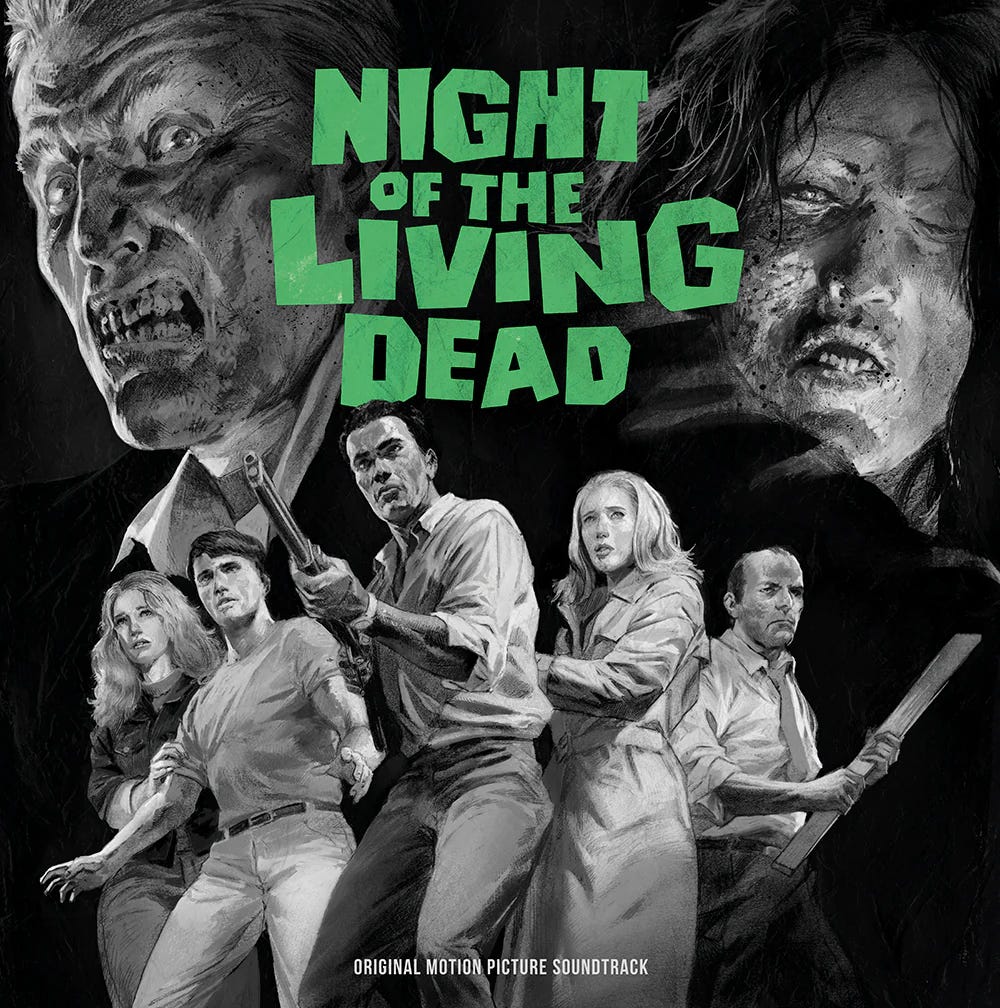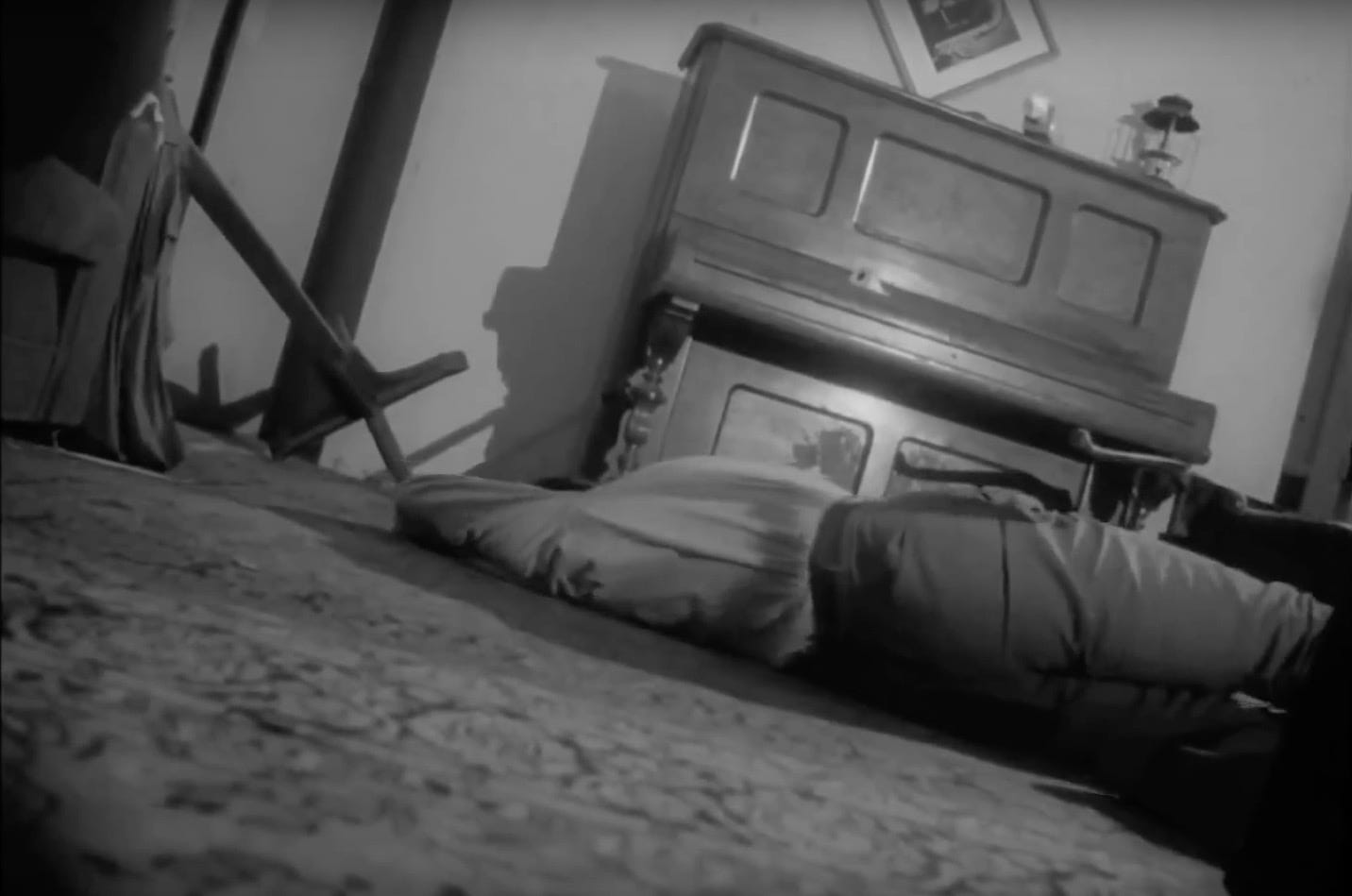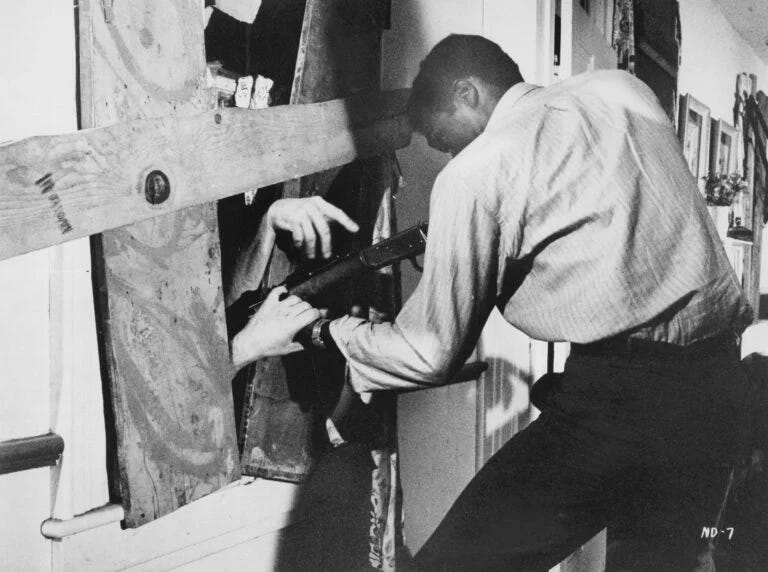The Last Man Standing: How Night of the Living Dead Killed Its Hero and Exposed America’s Real Horror
Ben defied every horror trope, surviving the undead—only to fall victim to a far more familiar monster in the film’s final moments.
Okay, this movie came out in 1968! You all should have seen it by now. If you haven’t, welp, there are spoilers! Read at your own risk!
Night of the Living Dead (1968) isn’t just a classic horror film—it’s a bold statement on race, survival, and the reality of Black life in America. At the heart of the story is Ben, played by Duane Jones, a Black man who takes charge and leads a group of survivors through a night of terror. His presence was groundbreaking for its time, especially in a genre that usually relegated Black characters to side roles or killed them off early. Horror films have long been known for sacrificing Black characters in the first act, suggesting that they are disposable. Ben’s survival throughout the film challenges that trope, making his presence feel essential—until the very last minutes strip it all away.
The Amazingness of Ben
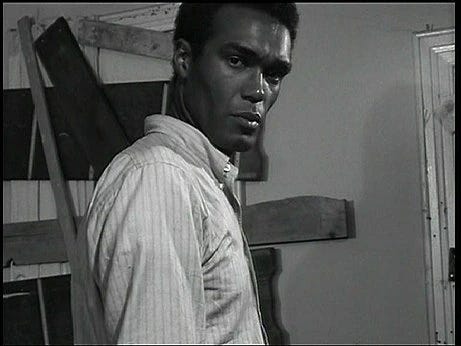
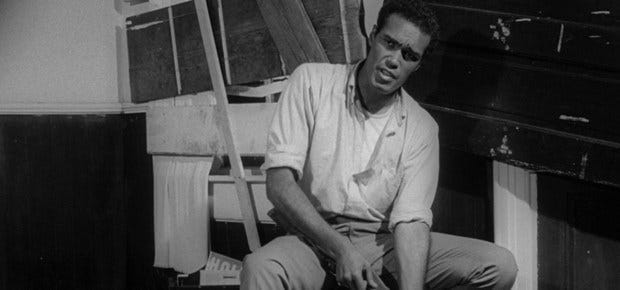
From the start, Ben is different. While the other characters bicker and panic, Ben is calm, strategic, and focused on survival. He secures the house, manages the other survivors, and keeps his cool as chaos unfolds. His leadership isn’t just about survival—it feels like a quiet form of defiance. In a time when Black people were denied opportunities to lead or be taken seriously in many aspects of American life, Ben’s character was a symbol of competence and resistance. Watching him survive, outsmart zombies, and hold it together gave viewers something rare—a Black character who wasn’t a joke or a stereotype but a hero in his own right.
Just when we thought Ben would survive….
But the real horror of Night of the Living Dead doesn’t come from the zombies. It comes from the way Ben’s story ends. After outlasting the undead and surviving the madness of the night, Ben is shot by a white militia in the morning. They mistake him for a zombie—or at least that’s the excuse. The moment is abrupt, senseless, and deeply symbolic. His death, after everything he fought through, feels like a cruel reminder of what it means to be Black in America: even when you do everything right, survival is never guaranteed.
This ending strips away the significance of Ben’s survival throughout the movie. It takes the triumph viewers hoped for and replaces it with the harsh reality that even the smartest, strongest, and most capable Black man can be destroyed by the ignorance and violence of the living. What makes it worse is the way his death is handled. There’s no acknowledgment, no recognition of his humanity. His body is tossed into the fire with the rest of the zombies as if his survival meant nothing.
Ben’s death reflects the real-world experiences of Black Americans in the 1960s when survival was not just about making it through each day but about navigating a society built to dehumanize. In the same way that Ben’s achievements are erased in the final moments of the film, Black people’s contributions and survival are often overlooked, minimized, or destroyed by systemic racism. His death at the hands of the militia isn’t just a plot twist—it’s a message: even in victory, Black people are not safe from violence.
The film’s ending forces viewers to confront the reality that racism, not just zombies, is the real monster. It makes Ben’s death even more painful because it denies the audience the satisfaction of seeing him triumph over the night. Instead, the film leaves us with a brutal truth: survival isn’t enough when the world doesn’t see your humanity.
Further Reading
"The Black Guy Dies First: Black Horror Cinema from Fodder to Oscar" by Robin R. Means Coleman and Mark Harris explores the evolution of Black representation in horror movies. It discusses how Black characters transitioned from disposable roles to becoming central figures in groundbreaking films like Get Out. This book dives into themes of exclusion, cultural commentary, and societal anxieties reflected through horror cinema.
Thank you for reading!
Until next time…
Stay bold, stay brilliant, and remember, as Jay-Z says, "You could be anywhere in the world, but you're here with me. I appreciate that!"
With love and creativity,
Shadé



